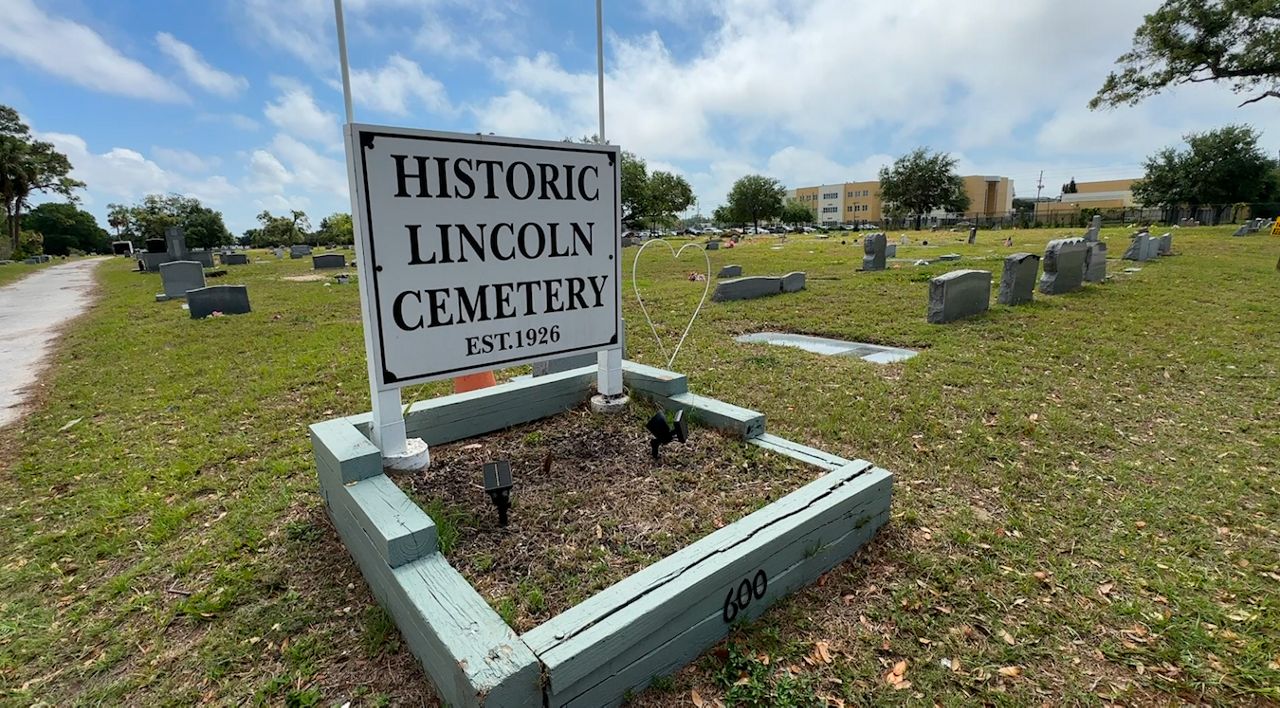TAMPA, Fla. — According to the American Community Survey done by the U.S. Census, approximately 3.6 percent of the U.S. population considers themselves deaf or hard of hearing.
Although there are schools that help to accommodate those with hearing needs, it can still be difficult, especially for Hispanics who, for them, it’s rare for educational programs to cater to teaching Latin American signed languages.
That’s the case for Patti Sanchez — although it may look like a typical trip to the mall for her, she’s there on a mission: to help her client find the perfect outfit.
“We came today to find a sweater that he needs for his new job because it’s very cold at the warehouse, and then a comfortable shoe, and it’s been approved by the vocational rehabilitation,” she said.
It’s all part of her job as an employment specialist — a job she’s been doing for 12 years.
She helps deaf or hard-of-hearing people find work.
“By seeing me, I have the hope that they can hire all these job seekers with exceptional skills, ability and experience that they can provide to the new company,” she said.
Patti Sanchez is helping open the doors to employment for her deaf community. She shared her story and how this book is the tool she’s using to make it all happen, tonight at 5pm on @BN9 pic.twitter.com/2858CxQhWz
— Lizbeth Gutierrez (@LizbethGNews) November 21, 2023
This isn’t just a job for Sanchez — it’s something she’s passionate about because she was born deaf herself.
She said learning sign language, English, and Spanish was difficult, but it didn’t stop her from pursuing her dreams.
Still, she says there can be challenges, particularly when it comes to employment. She said communication is key.
“Some are deaf, they can speak well, some are deaf, don’t sign, some are hard-of-hearing, need an interpreter on call, so each of us, we’re a spectrum.”
Her own experiences led her to write a book on strategies for the deaf and hard of hearing in the workplace.
“It has everything from deaf culture to the accommodation, different types of sign language interpreters and all the resources,” she says.
Along with writing the book, Sanchez attends events to help educate the community.
“There’s nothing to be afraid of us. We’re like everybody else except we cannot hear,” she said.
She says her goal is to open the doors to employment so that everyone can succeed.
Sanchez has helped over 200 deaf or hard-of-hearing people in the last 12 years as an employment specialist.









